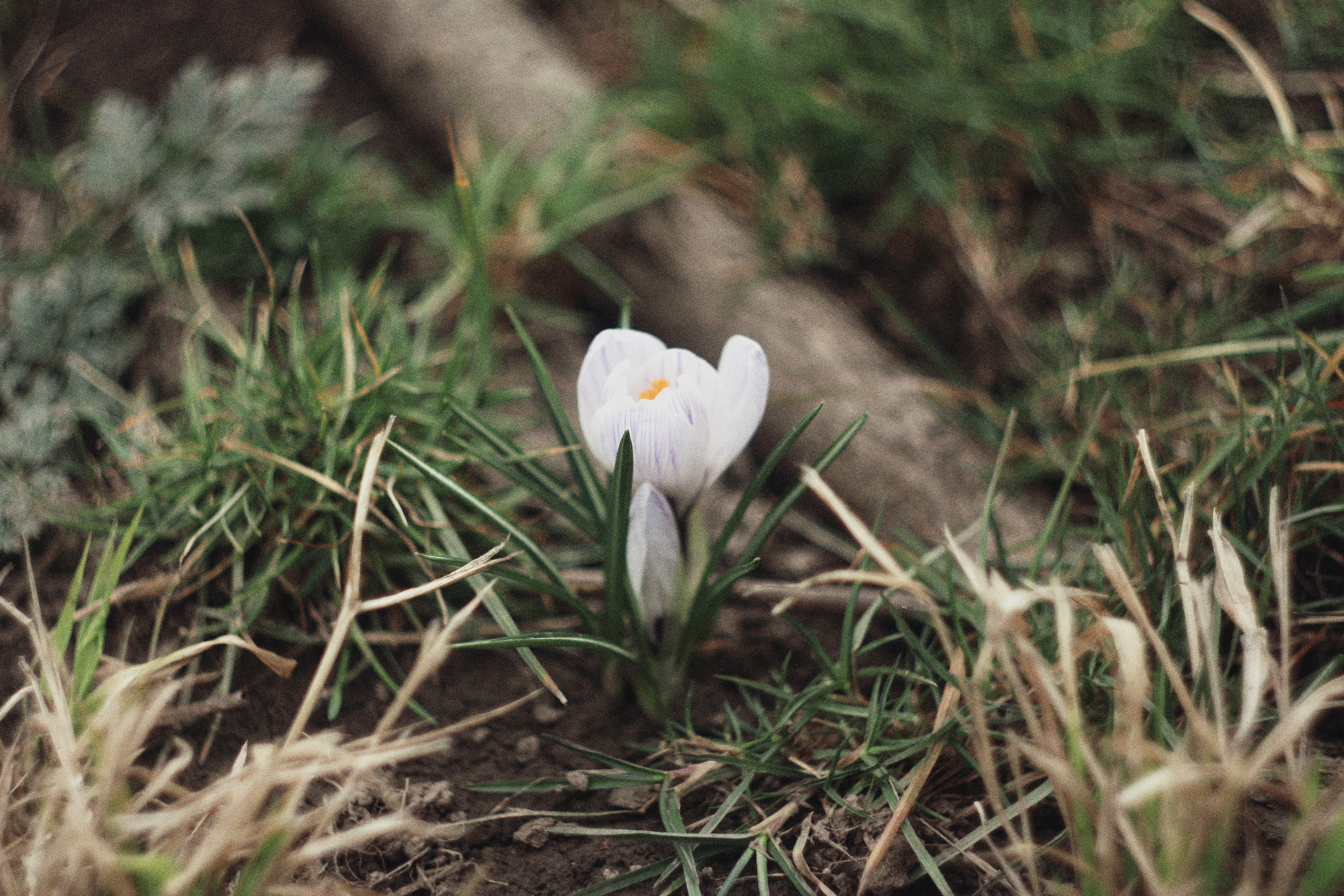Healing Through Helping
 When Claudia* first came to Casa Alianza Honduras at age 12, she was offered an array of therapies to help her recover from the trauma and abuse she’d experienced. She wrote a daily diary and participated in group therapy, recreational therapy, art therapy, and more. But the one therapy that has made the most difference to her was the one where she helped others.
When Claudia* first came to Casa Alianza Honduras at age 12, she was offered an array of therapies to help her recover from the trauma and abuse she’d experienced. She wrote a daily diary and participated in group therapy, recreational therapy, art therapy, and more. But the one therapy that has made the most difference to her was the one where she helped others.
Claudia was asked to coordinate a small group to welcome and help orient new girls on their arrival at Casa Alianza (our Covenant House site in Tegucigalpa). And she also received training in how to prevent gender-based violence, which she, in turn, offered to the other young people in our program.
“I didn’t understand why they’d chosen me,” she recalls. “I didn’t do anything well and I didn’t like to help anyone. I just thought it was up to each person to solve their own problems.”
But as Claudia took on her new tasks, other children and youth began to trust her and confide in her. Before long, that trust became mutual. Claudia began to enjoy being with our other residents. She began to take her participation in group therapy seriously and went more regularly, even offering ideas to make the groups better.
“From the time I arrived at Casa Alianza, I knew my life would be better in this place,” she now says.
Claudia continues to work at overcoming the trauma she experienced in her family, including having been abandoned at birth by her parents, suffering violent abuse while living with an aunt, and being raped at age 12 while living with her uncle’s family before coming to Casa Alianza.
Claudia initially kept her distance from the other young people at Casa Alianza. She expected them to mock her for her physical appearance and because she has no mother. She was sad most of the time and showed no interest in school.
But as she has become a helper to the other children and youth, Claudia has flourished. She’s developed friendships with both girls and boys, plays soccer, has become a leader in gender issues, and takes an active interest in her classes. She continues to orient new girls at Casa Alianza and to volunteer as an “emotion partner” to those experiencing low self-esteem.
“It’s hard to say when Claudia will overcome, psychologically, her experience of sexual violence and the abandonment by her parents and other relatives. But you can already see in her a level of resilience that allows her to rise above these obstacles, a resilience she herself now recognizes,” says Casa Alianza Honduras psychologist Teresa Ortiz Galeas.
“I think I’m stronger after everything that’s happened to me in my life,” Claudia says. “That’s my reality. There is something in me that refuses to surrender; that says, “Yes I can.”
*The youth’s name has been changed for her protection.